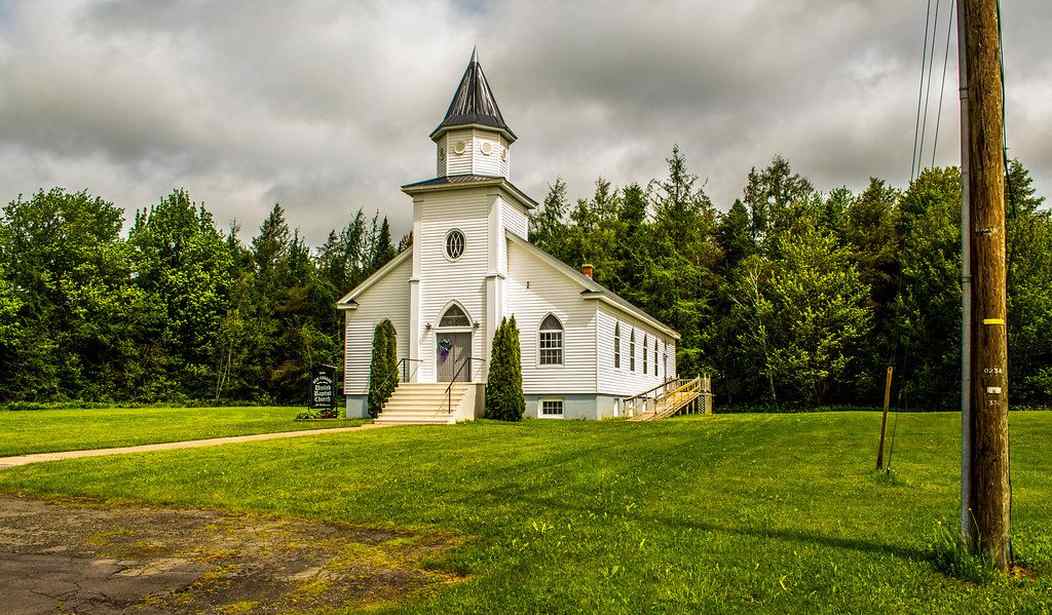I grew up in the Deep South where a lot of the churches tended to be rather conservative in their politics. The pews were filled with gun people and even those who didn't have one supported gun rights, as a general rule.
So it always strikes me as odd when I see stories about how houses of worship support gun control of some sort or another.
That's what happened when I saw just such a story out of Maine, where the gun control fight promises to be fierce following the awful events of Lewiston.
But I noticed a bit of a rhetorical trickery in this one.
During the weekend of Feb. 16-18, houses of worship across Maine celebrated Maine Gun Safety Sabbath, praying together for an end to the gun violence that has plagued our state and nation. This coming together of different faith groups was truly inspiring.
Prayers alone, however, are not enough. It is now time for action. Specifically, the Maine Legislature needs to take real action this legislative session to address the problem by: 1) Banning assault style weapons like the one used in the Lewiston mass shooting; 2) Expanding background checks to include gun show and private sales; 3) Enhancing Maine’s current yellow flag law to address the cracks that were exposed by the Lewiston tragedy; and 4) Providing for a 72-hour waiting period to complete a gun purchase.
There are two tricks we can see.
The first is that the author says "houses of worship across Maine" but never gives us a number. There are 848 religious organizations and churches in Maine. Not all of those are houses of worship by the vast majority of them are.
So just how many took part in this so-called celebration? The author doesn't say but instead phrases it in a way to make it seem like all of them, or at least the vast majority of them took part. This is likely to be intentional so as to make support for these measures seem broader than it might actually be.
In fact, even if it were 600 houses of worship that took part, this phrasing allows people to assume even more were involved.
Sure, some might assume only a handful, but without actual numbers, we can't prove it, thus allowing others to hold their own interpretation close.
Then we have the list of demands from the author. That's the second trick.
The author doesn't explicitly say that every house of worship that took part in this thing agrees on what policies should be passed, but the implication is clear. He's the self-appointed speaker for all of the houses of worship, after all, even if the others have never heard of him.
Yet how many rural churches saw "gun safety sabbath" as a good opportunity to admonish their congregations to be responsible with their own guns and didn't actually want any new gun control laws?
These are explicitly anti-gun Democrat talking points, and I doubt every single church in the state agrees with them. Even those that agree with some might not agree with all, but there's no guidance to suggest this is just the author's opinion here. Again, the implication is that this is widespread among houses of worship.
What this phrasing does is try to present a gun control narrative of various religious institutions uniting together to push the Democrats' anti-gun agenda when, in fact, there's no actual evidence of that having happened at all.
What's more, as non-profit religious institutions, they pulpit is the last place they should push a political agenda from. I mean, it's actually illegal and could jeopardize their non-profit status.
Which is why I think this is more of the author's agenda being projected on people who just want to see an end to senseless accidents and acts of violence.
But why let the facts get in the way of a good narrative, right?








